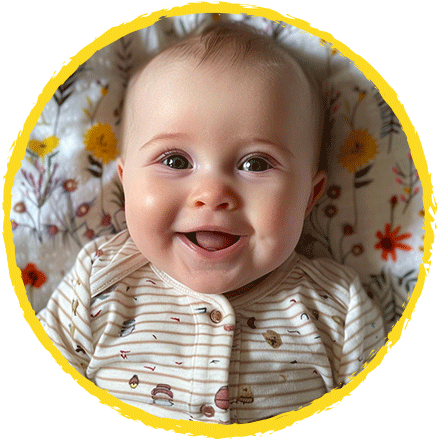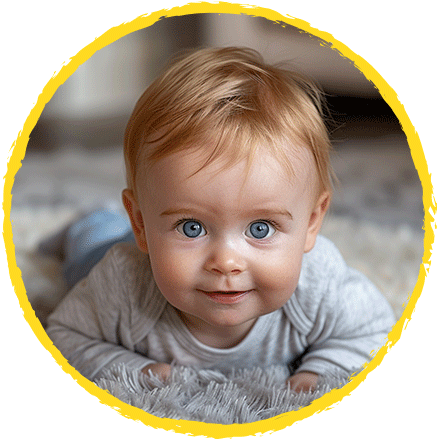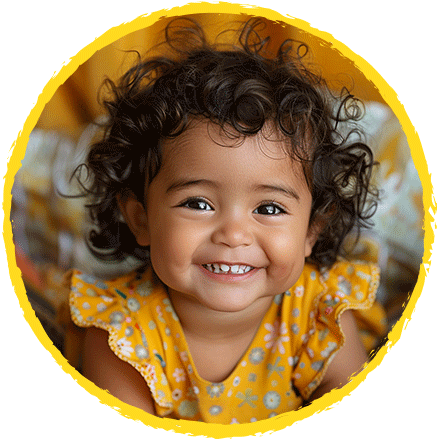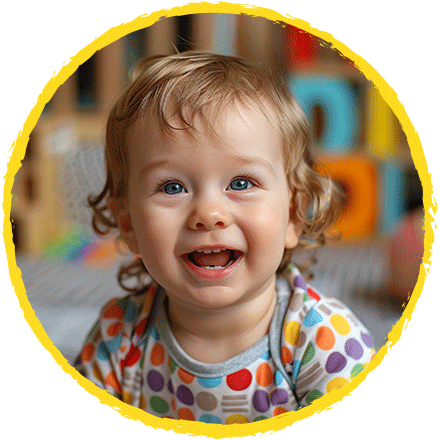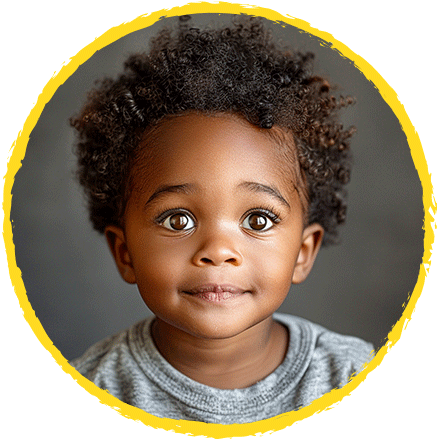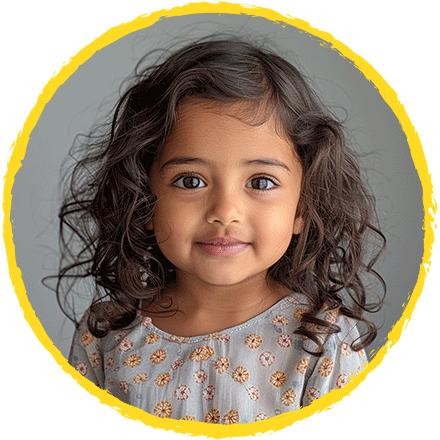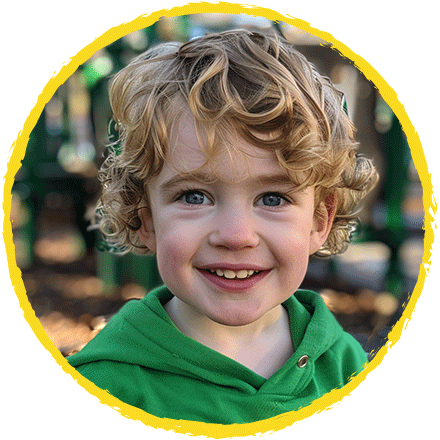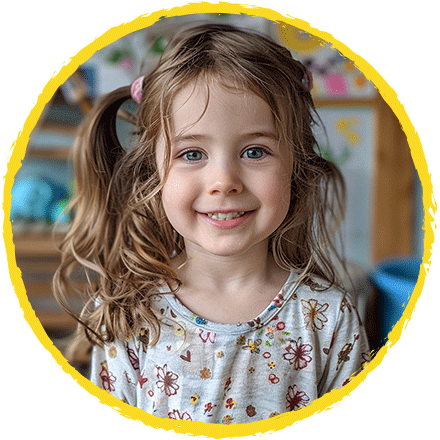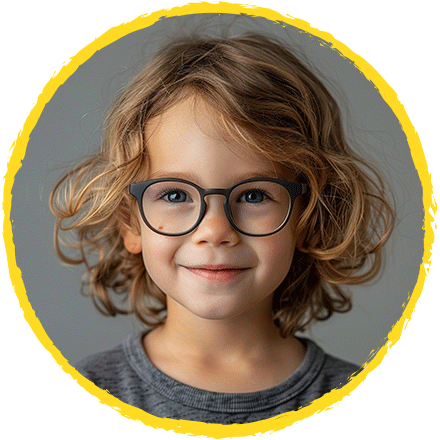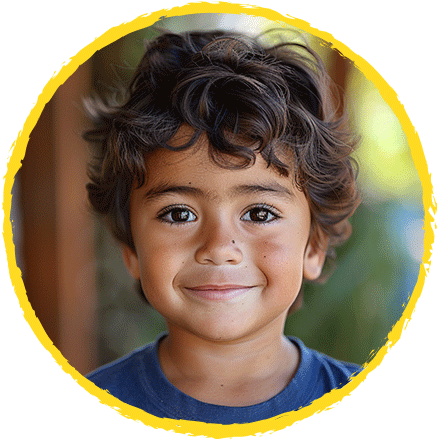Pediatric Speech Therapy
Speech Therapy Gets Kids Communicating!
Welcome to speech therapy at Agape Pediatric Therapy where love, hope, and expertise come together to help children grow skills for life.
Pediatric speech therapy focuses on improving skills needed for effective communication. Speech language pathology services help children improve verbal and non-verbal communication, sounds and word pronunciation, grammar and language skills, fluency, understanding and expressing language, and social skills. Improved communication helps children gain confidence and enjoyment in their interactions at home, on the playground, and at school.
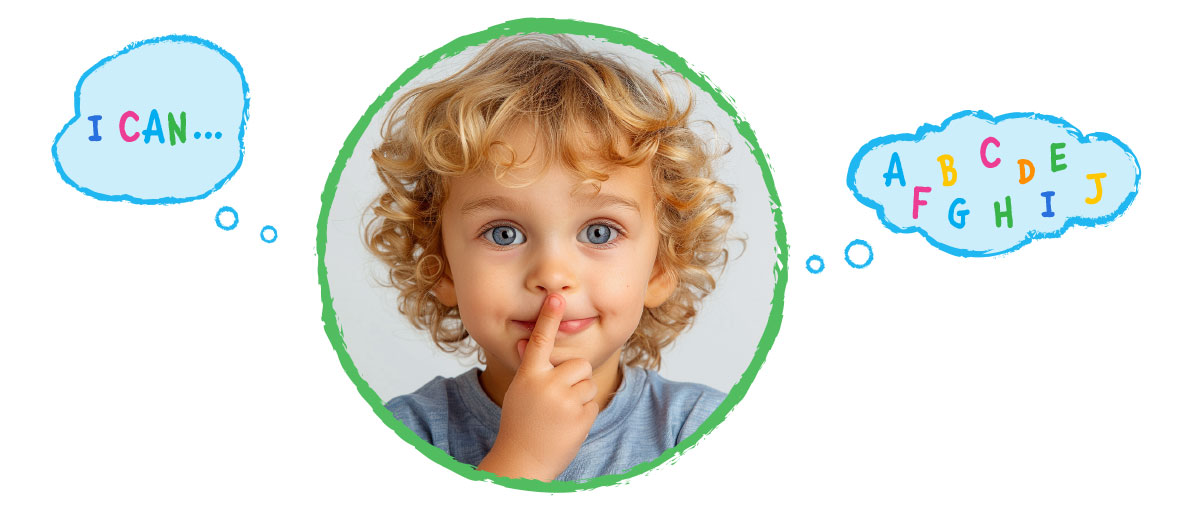
Speech therapy stimulates language development, models correct vocabulary and grammar and uses repetition to build language skills. In speech therapy children are taught how to move their tongue and mouth to make specific speech sounds like “r” or “s”. Oral exercises in speech/feeding therapy strengthen muscles of the mouth needed for eating and swallowing. For children who are non-verbal, our speech therapists help children communicate with the use of alternative communication tools and devices.
Speech therapy at Agape looks like playing, talking, and connecting. Our speech therapy team knows children will try hard things and give their best effort when they are having fun. Speech therapy may include activities like storytelling, playing games to improve cognitive, memory or social skills, practicing certain sounds, turn taking, and pretend play. Our therapists tailor treatment sessions to meet the interests, needs, and goals of each child.
Our speech therapy team is dedicated to helping children improve their speech, learning, and language skills and reach their greatest potential.

